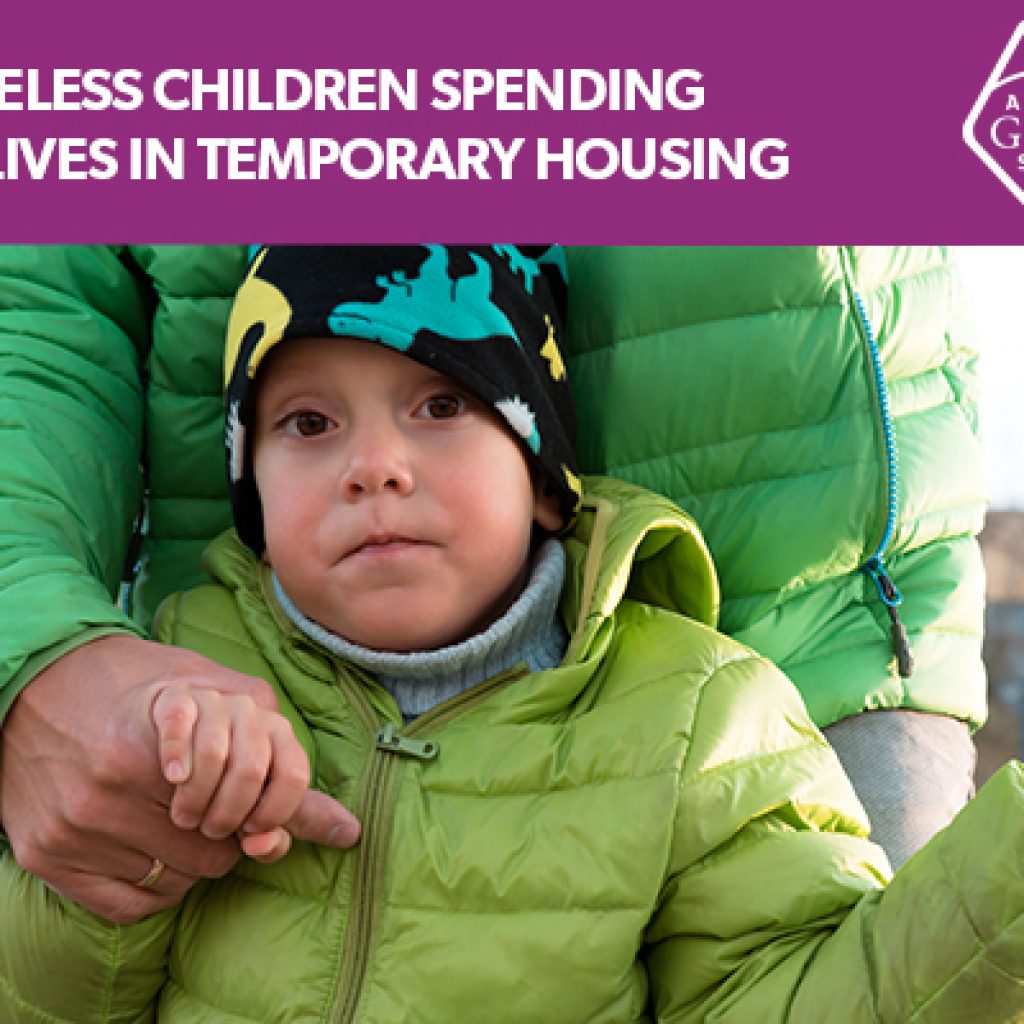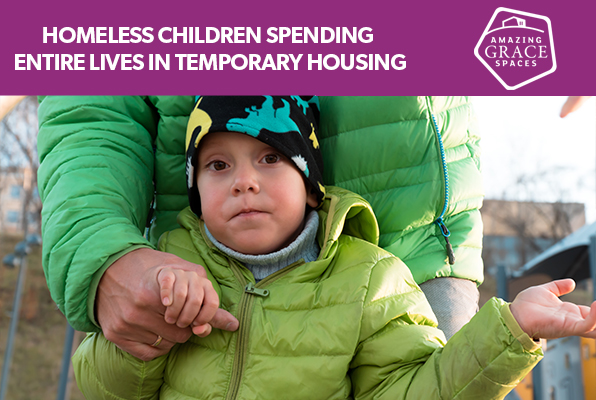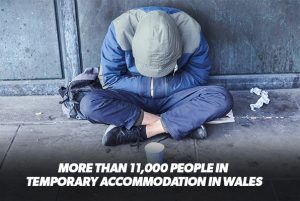Homeless children spending entire lives in temporary housing
Thousands of families have not found permanent accommodation for more than a decade, according to alarming new research
Some homeless children are now spending their entire childhoods in supposedly “temporary accommodation”, while thousands of families have been housed in it for more than a decade, according to alarming new evidence of a homelessness crisis “spiralling out of control”.
One homeless household in London placed in temporary accommodation in 2000 is still there today, according to new research seen by the Observer. Among about 50 local authorities known to have high numbers in temporary accommodation, almost 14,000 households have been in it for more than five years.
The findings have led to warnings that describing such housing as temporary has become, in effect, meaningless.
The revelations come after a budget in which the chancellor, Jeremy Hunt, was accused of opting for pre-election tax cuts over relieving the pressures that have led to record levels of homelessness, and failing to ease the local government crisis that is stifling councils’ ability to help those without a home.
There are now demands for a change in the law to ensure that there is a maximum length of time families can be in temporary accommodation.
Some households in the London boroughs of Westminster, Ealing, Brent, Camden, Enfield, Barnet, Haringey and Kensington and Chelsea have been in temporary accommodation for longer than two decades, according to data released under the Freedom of Information Act.
More than one in five of those in temporary accommodation in London have been in it for at least five years – a sign of the growing housing crisis in the capital as the cost of private rented accommodation continues to rise. The problem also extends to areas outside London.
A family in Dartford, Kent, had been in temporary accommodation since 2009, while some in Birmingham had been there since at least 2011. No data was available for the city before that date.
The longest temporary accommodation stay in Manchester was nine years.
Jack Shaw, an expert in local government, who uncovered the figures, said it was “clear that the housing system isn’t serving thousands of families, who are stuck in temporary accommodation for far too long.
“The government must do more to protect families in insecure housing, including investing more in building homes and in homelessness services run by local authorities”.
Angela Rayner, Labour’s deputy leader, accused the government of failing to tackle the housing crisis over its 14 years in office.
“Under this government’s watch, kids are growing up in temporary accommodation, coming home from school to do their homework on the bathroom floor of a hotel room and eating dinner perched on their bed,” she said. “It’s shameful that the chancellor made no mention of solving this country’s housing crisis in this week’s budget.”
The Liberal Democrats described the findings as “disgraceful”.
The news follows record homelessness figures in England. Between July and September last year, 109,000 homeless households were in temporary accommodation, up 10% in a single year. It included 142,490 children.
The number of homeless households with children placed in a B&B increased 65.4% to 4,680 by the end of last September. At least half were there for more than the six-week maximum stipulated in law that families can stay in B&Bs.
Matthew Bolton, executive director of Citizens UK, which is campaigning for a maximum stay in all temporary accommodation to be written into law, said that thousands of childhoods were being “stolen through poor quality temporary accommodation that isn’t temporary at all”.
“We’re campaigning on this at the local level, persuading councils to improve standards and make urgent repairs, but we need government action,” he said.
“Citizens UK are calling on all parties to make ending child homelessness a top priority leading into the next general election. This starts with a commitment to introduce and enforce improved standards in temporary accommodation and to set a statutory limit on the length of time people can be stuck there.”
Darren Rodwell, the housing spokesperson for the Local Government Association, said the figures “illustrate the scale of the housing challenges we face across the country”. However, he said the best solution was handing councils the powers and resources to build more of the genuinely affordable homes.
“It is disappointing that the budget missed a key opportunity to allow councils to permanently retain 100% of right-to-buy sales receipts, which would have gone some way towards replenishing council’s social housing stock,” he said.
Polly Neate, chief executive of the housing charity Shelter, said the housing emergency was “spiralling out of control”.
She added: “The chancellor could have used his budget to end homelessness, but he chose to do nothing. It would have made both moral and economic sense to invest in building social homes – 90,000 social rent homes a year would stop families from ending up in damaging temporary accommodation for years, which is often miles away from schools, jobs and support networks.”
However, the government said that although some families were in temporary accommodation for long periods, in most cases this was in suitable properties while they waited for a permanent home.
The Department for Levelling Up, Housing and Communities spokesperson said: “Temporary accommodation is a vital safety net to make sure families are not left without a roof over their heads. Figures show that the majority of families who have been in temporary accommodation for long periods of time are living in council-owned properties or private rented sector homes rented by the local authority.
“This provides a suitable home while families wait for settled accommodation, and councils have a responsibility to help families find this as quickly as possible.
“That’s why we are giving them £1.2bn over three years through the homelessness prevention grant, and our £11.5bn affordable homes programme will go further to deliver thousands more affordable homes to rent and buy across the country.”
If you feel that you can help in any way, please let us know.
You can contact us in different ways here
Further information can be found here https://amazinggracespaces.org/
Credit: the Guardian






![AGSPurple-Logo1 14042016 v3 [Converted]-01 AGSPurple-Logo1 14042016 v3 [Converted]-01](https://amazinggracespaces.org/wp-content/uploads/elementor/thumbs/AGSPurple-Logo1-14042016-v3-Converted-01-q78ob3gcbc2puzqs3nj8b4maxxo7v9422x4fu3ghxs.png)



